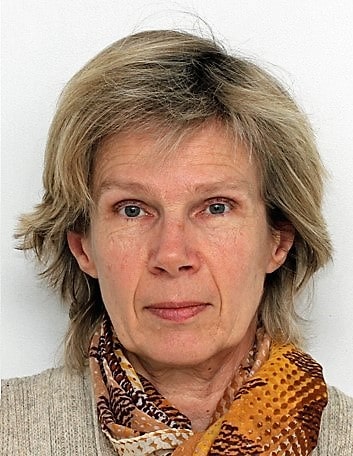
Anne Francisca de Baas, Dutch from origin received a physics education in Eindhoven, Utrecht and Delft in the Netherlands and a MBA in Brussels, Belgium. She has been working at Risø National Laboratories from 1986 till 1992 and at the European Commission from 1992 till 2019 in DG CNECT and DG RTD.
Most recently, she works on ontologies for materials modelling, materials- and manufacturing data. This started with the Review of Materials Modelling (Review of Materials Modelling VI) with standards consolidated in CEN/CENELEC CWA 17284 This includes the MODA template, a standardised way to document simulations. Currently she is working on the emmo fundamentals and an ontology for coaching on simulation opportunities.
Her former responsibilities have included the forming in 2014 of a council in the materials modelling domain (European Materials Modelling Council), now EMMC ASBL.
Prior to that, the organisation of best practice activities and technology transfer programs and responsibility for benchmarking of industrial software applications was her job (europort on https://link.springer.com/chapter/10, www.europractice-ic.com and https://cordis.europa.eu/article/id/7335-fuse-stimulating-use-of-microelectronics-technologies. She wrote a brochure on how to do road-mapping, on Network of Excellences and on metamaterials; all are available on http://ec.europa.eu/research/industrial_technologies/index_en.html
Ontology for business opportunities for simulation and comparison of methods
Three strands of the EMMC stand well developed: economics and strategy; technical translation and business decision support systems. First steps are presented to merge and classify these results and to establish relations with the goal to develop ontologies and ontology based tools.
The presented classification of business opportunities for simulation is based on interests that four management levels in a company would have. The interests of each of these management levels are subdivided in at most O(10) subclasses. This first step towards an ontology is also presented in the form of an operational tool, the BOSDA.
This talk will also present a first step towards an ontology for comparison of three information sources (methods): simulation, experiments and reference data. And an operational tool, the COMDA, is outlined.
With the two tools proposes (called BOSDA and COMDA) the gap between the already well developed "technical translation" and "business decisions fed by simulations" will be filled.